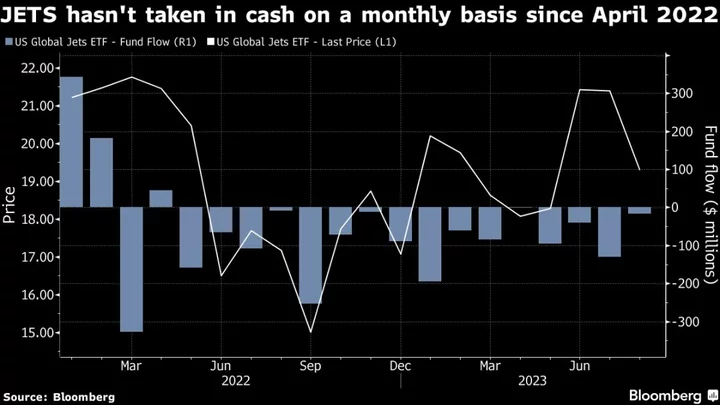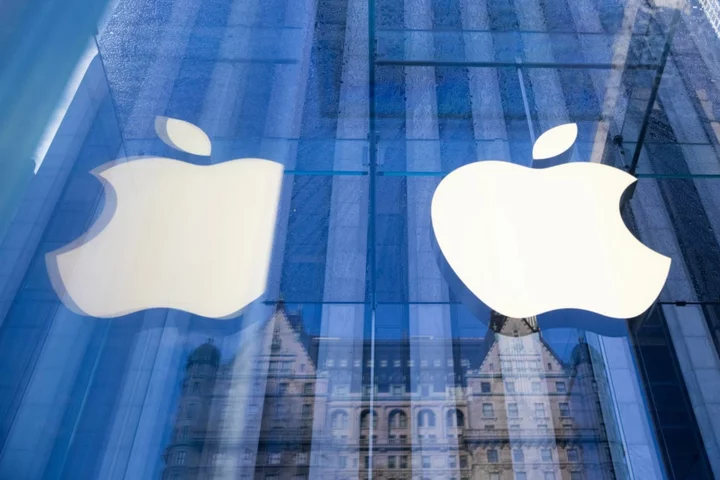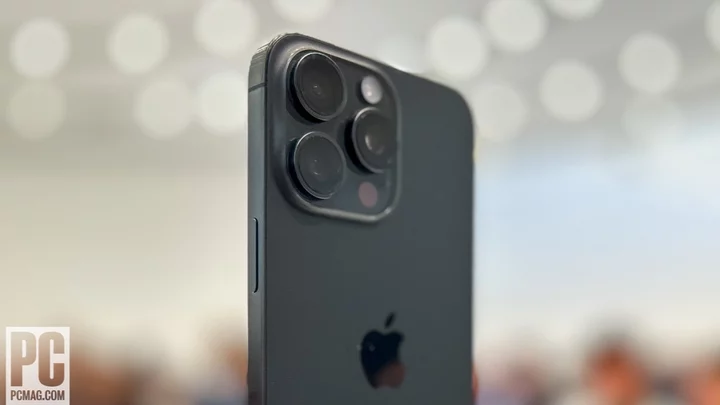Don't use sugar substitutes if you are trying to lose weight, according to a new guideline from the World Health Organization.
The global health body said a systematic review of the available evidence had suggested that use of non-sugar sweeteners, or NSS, "does not confer any long-term benefit in reducing body fat in adults or children."
The review also indicated that there might be "potential undesirable effects" from the long-term use of sugar substitutes such as an increased risk of type 2 diabetes and cardiovascular diseases.
"Replacing free sugars with NSS does not help with weight control in the long term. People need to consider other ways to reduce free sugars intake, such as consuming food with naturally occurring sugars, like fruit, or unsweetened food and beverages," Francesco Branca, WHO director for nutrition and food safety, said in a news release.
"NSS are not essential dietary factors and have no nutritional value. People should reduce the sweetness of the diet altogether, starting early in life, to improve their health."
The recommendation included low or no calorie synthetic sweeteners and natural extracts, which may or may not be chemically modified, such as acesulfame K, aspartame, advantame, cyclamates, neotame, saccharin, sucralose, stevia and stevia derivatives, WHO said.
The organization said its recommendation applies to all people except those with pre-existing diabetes.A total of 283 studies were included in the review. WHO said that the recommendation was "conditional" because the identified link between sweeteners and disease outcomes might be confounded by complicated patterns of sweetener use and the characteristics of the study participants.
"This signals that policy decisions based on this recommendation may require substantive discussion in specific country contexts, linked for example to the extent of consumption in different age groups," the news release said.
Non-sugar sweeteners are widely used as an ingredient in pre-packaged foods and beverages and are also sometimes added to food and drinks directly by consumers.
WHO issued guidelines on sugar intake in 2015, recommending that adults and children reduce their daily intake of free sugars to less than 10% of their total energy intake. Following that recommendation, interest in sugar alternatives had intensified, the review said.









